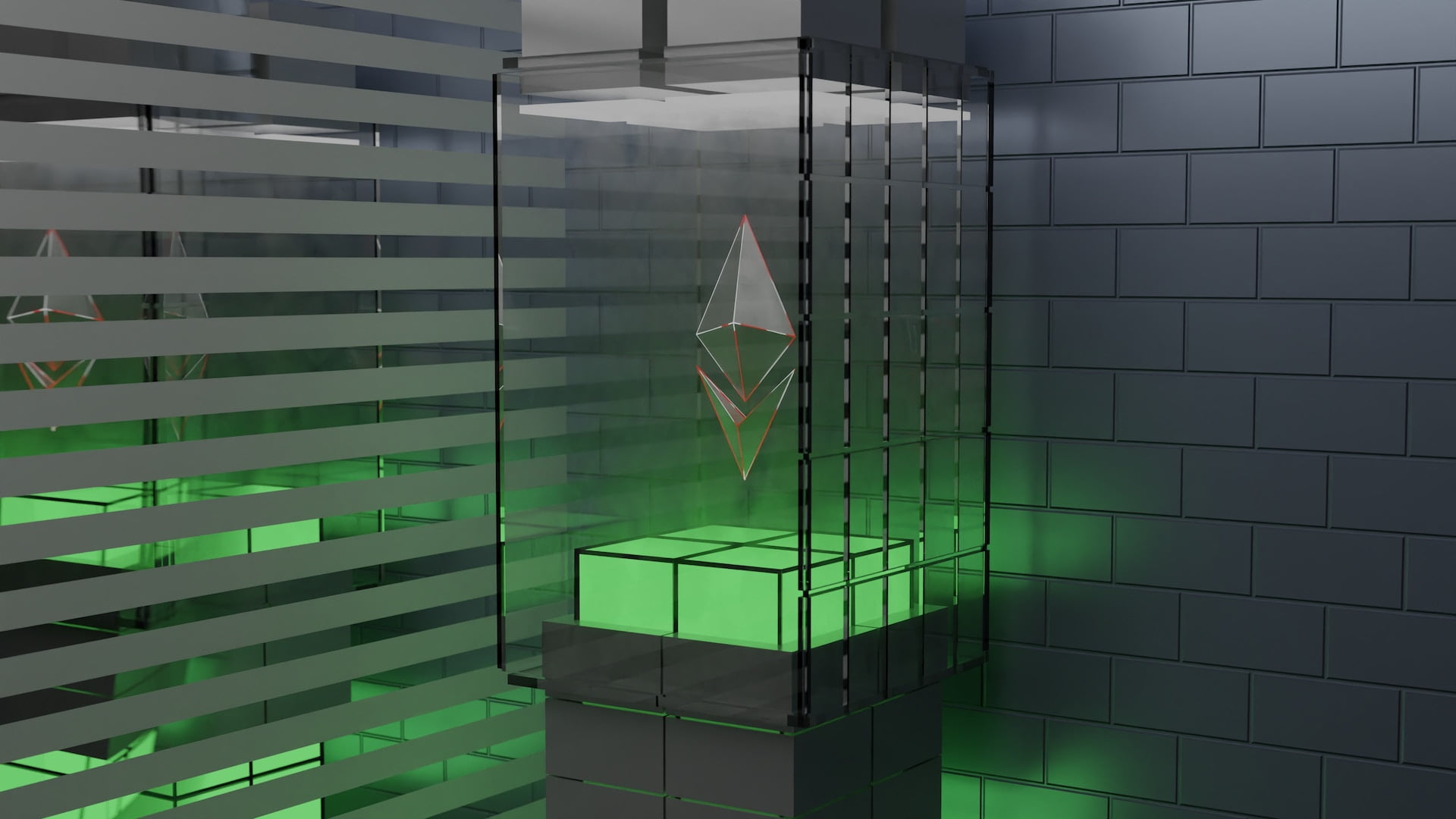In a surprising turn of events, a wallet address containing pre-mined Ethereum worth a staggering $116 million has emerged from dormancy after lying untouched for eight years. The move has caught the attention of the crypto community, drawing curiosity and speculation about the identity of the wallet owner and the motive behind the substantial transaction.
The Pre-Mine Period and the Subsequent Growth
Back in June 2014, during the early days of the Ethereum ecosystem, a sale event allowed early team members and co-founders to accumulate pre-mined Ether. This move was essential at a time when the network couldn’t generate tokens independently. Throughout the pre-mine period, Ether was trading at a value of $300–$400, effectively valuing the wallet at approximately $20 million.
Fast forward eight years, and the value of these pre-mined tokens has skyrocketed, reaching an astonishing $116 million at the time of the recent transaction. This remarkable growth highlights the long-term potential of holding onto crypto assets, demonstrating the effectiveness of the hodling investment strategy.
The Whale Transaction Unfolds
Etherscan data has confirmed that the pre-mined 61,216 ETH tokens were successfully transferred to a wallet address on the popular Kraken crypto exchange. The transaction took place on July 18 at 7:30 pm Eastern Time.
Interestingly, the process required an incredibly low transaction fee of just $1.5 and 25.475673161 gwei in gas price, showcasing the efficiency and cost-effectiveness of the Ethereum network.

Before executing the massive transaction, the owner of the 61,216 ETH demonstrated a cautious approach to prevent any potential loss of funds due to human error. As a safety measure, they initiated a test transaction by sending 0.05 ETH to the Kraken address, ensuring everything was in order before proceeding with the complete transfer.
Ethereum Co-Founder’s Insights on the Blockchain
Coinciding with this significant event, Ethereum co-founder Vitalik Buterin shared valuable insights at the Ethereum Community Conference event in Paris on July 18. During his talk, Buterin discussed the challenges associated with implementing a new feature called “account abstraction extensions” or “paymasters” on the Ethereum blockchain.
According to Buterin, this new feature would allow users to pay their transaction fees using whatever coins they are transferring, offering greater flexibility and user-friendliness.
However, he also recognized that developers would need to address certain challenges, including upgrading current Ethereum externally-owned accounts (normal user accounts) into smart contracts through an Ethereum Improvement Proposal. Additionally, ensuring the protocol’s compatibility with layer-2 solutions presents another hurdle that developers must overcome.
Read More:
Australian Regulator Cancels FTX License Following Collapse
Forge, a Société Générale Subsidiary Becomes France’s First Fully-Licensed Crypto Provider

